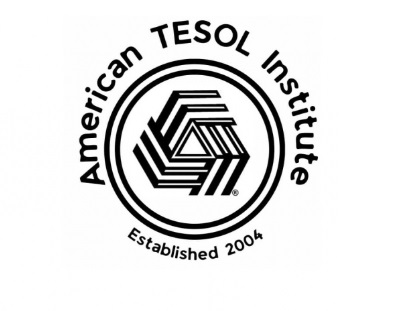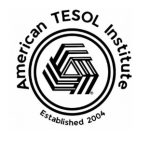Project-Based Learning (PBL) is a dynamic student-centered instructional approach in which learners actively construct knowledge through the investigation and resolution of complex, real-world problems. Far from the traditional passive model of teacher-led instruction, PBL positions students as active problem solvers, fostering creativity, collaboration, and deep understanding.
The philosopher and educational reformer John Dewey was an early champion of the “learning by doing” concept. Dewey believed traditional classrooms, which focus on rote memorization and teacher-centered lectures, stifle students’ natural curiosity and capacity for problem-solving. He proposed a shift towards experiential learning, where students engage in activities that mirror real-life situations and challenges, developing practical skills and a sense of agency.
PBL embodies Dewey’s principles and possesses distinct elements that structure the learning experience:
- Driving Question: PBL begins with a compelling open-ended question or challenge that aligns with learning objectives. This central question sparks curiosity, frames the project, and guides student inquiry.
- Authenticity: PBL projects mimic real-world problems or scenarios, encouraging students to find personally and socially meaningful solutions. This authenticity enhances engagement and prepares learners to apply knowledge beyond the classroom.
- Student Choice & Voice: Unlike traditional assignments where the process and product are dictated by the teacher, PBL gives students agency. They make meaningful choices about their work, its direction, and how to present their findings, deepening their sense of ownership.
- Collaboration: PBL emphasizes teamwork. Students share ideas, negotiate roles, and build upon each other’s strengths, mirroring real-world collaboration and problem-solving.
- Inquiry and Reflection: PBL is not just about a final product. Students engage in sustained inquiry processes, researching, testing solutions, making mistakes, and iterating. Regular reflection fosters critical thinking and metacognition.
- Public Product: Projects culminate in a product or presentation shared with an audience beyond the classroom. This might be an exhibition, a website, a performance, or a campaign, requiring students to communicate findings and refine their work for a wider purpose.
Educational research supports PBL’s effectiveness. Studies have demonstrated increased student engagement, deeper content knowledge, and the development of essential 21st-century skills like critical thinking, problem-solving, and collaboration. While PBL requires careful planning and scaffolding, it offers a transformative experience that prepares students for complexities beyond the classroom. John Dewey’s vision of hands-on, experiential learning has found a powerful expression in the modern PBL framework, empowering learners to tackle challenges and shape their own understanding.


